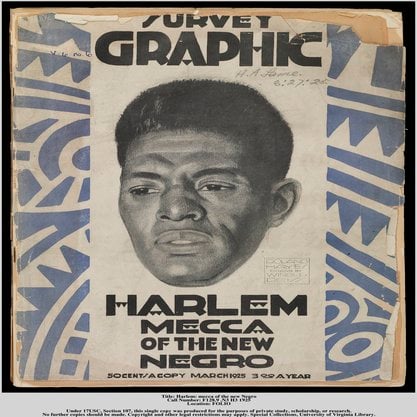Article
Cultural Anthropology By Manganaro, Mark
Article
The development of cultural anthropology, which is the study of human culture and its variations, in the late 19th and early 20th centuries played a major role in Modernism. Anthropological accounts of tribal peoples, often termed ‘primitive’ or ‘savage’, fascinated modernist artists, who found in the anthropologists’ descriptions of tribal behaviours, social organisation, material culture, and ritual practices exciting and exotic alternatives to modern cultural beliefs, practices, and ways of making art. Writers such as D.H. Lawrence found in anthropological accounts of tribal peoples intuitive modes of perception and behaviour that were at odds with civilised, ‘rational’ ways of thinking and acting. T.S. Eliot and others found in the evolutionary anthropology of James Frazer, author of the renowned The Golden Bough, forms of belief and ritual that could inspire the development of new modern art forms. Furthermore, Eliot found in Frazer’s textual method of comparing and juxtaposing ‘primitive’ and ‘civilised’, and ancient and modern peoples the basis for a non-narrative way of organising modern art, the ‘mythical method’ he called it, which in one review he claimed formed the basis of organisation for James Joyce’s Ulysses and which, arguably, also helped to shape his own poetic modernist masterwork The Waste Land (Ulysses and The Waste Land were published in the same year, 1922). Moreover, tribal tools, ornaments, and religious/ritual objects brought to the West by anthropologists and traders became inspirations for, and as well the formal basis of, important early modernist visual art by Pablo Picasso, Georges Braque, and others. In general terms, cultural anthropology participated in and produced a societal urge for the ‘primitive’ in the modern culture of the early 20th century.




